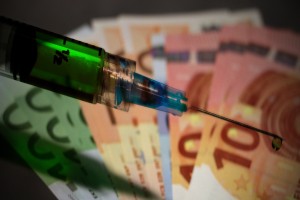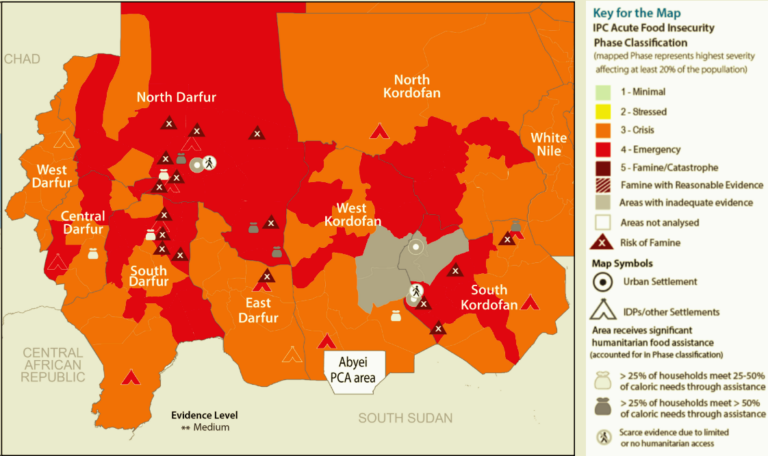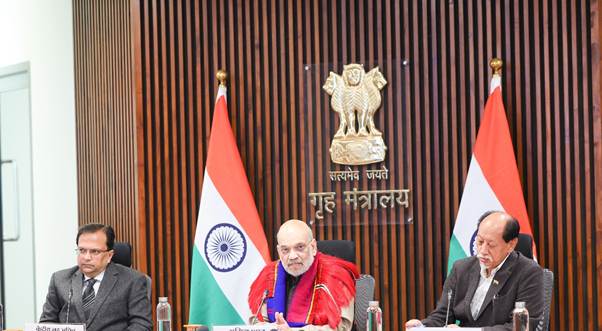
The Heads of the World Bank Group, International Monetary Fund, World Health Organization, and World Trade Organization issued a joint statement after the first meeting of the Task Force on COVID-19 Vaccines, Therapeutics and Diagnostics for Developing Countries
Washington: Calling for “urgent action to arrest the rising human toll” due to pandemic, the World Bank, International Monetary Fund, World Health Organization, and World Trade Organization have formed a joint task force, as a “war room” to track, coordinate and advance delivery of COVID-19 health tools to developing countries.
The task force would also mobilise relevant stockholders and national leaders to remove critical roadblocks — in support of the priorities set out by them including in the joint statements of June 1 and June 3, 2021, and in the IMF staff’s $50 billion proposal, made byRuchir Agarwal andGita Gopinath, that estimates that the benefits of such measures at about $9 trillion far outweigh the costs which are estimated to be around $50 billion—of which $35 billion should be paid by grants from donors and the residual by national governments potentially with the support of concessional financing from bilateral and multilateral agencies.
The Heads of the World Bank Group, International Monetary Fund, World Health Organization, and World Trade Organization convened for the first meeting of the Task Force on COVID-19 Vaccines, Therapeutics and Diagnostics for Developing Countries on June 30, 2021. They issued the following joint statement:
“As many countries are struggling with new variants and a third wave of COVID-19 infections, accelerating access to vaccines becomes even more critical to ending the pandemic everywhere and achieving broad-based growth. We are deeply concerned about the limited vaccines, therapeutics, diagnostics, and support for deliveries available to developing countries. Urgent action is needed now to arrest the rising human toll due to the pandemic, and to halt further divergence in the economic recovery between advanced economies and the rest.
We have formed a Task Force, as a “war room” to help track, coordinate and advance delivery of COVID-19 health tools to developing countries and to mobilize relevant stakeholders and national leaders to remove critical roadblocks—in support of the priorities set out by World Bank Group, IMF, WHO, and WTO including in the joint statements of June 1 and June 3, and in the IMF staff’s $50 billion proposal.
At today’s first meeting, we discussed the urgency of increasing supplies of vaccines, therapeutics, and diagnostics for developing countries. We also looked at practical and effective ways to track, coordinate and advance delivery of COVID-19 vaccines to developing countries.
As an urgent first step, we are calling on G20 countries to (1) embrace the target of at least 40 percent in every country by end-2021, and at least 60 percent by the first half of 2022, (2) share more vaccine doses now, including by ensuring at least 1 billion doses are shared with developing countries in 2021 starting immediately, (3) provide financing, including grants and concessional financing, to close the residual gaps, including for the ACT-Accelerator, and (4) remove all barriers to export of inputs and finished vaccines, and other barriers to supply chain operations.
In addition, to enhance transparency we agreed to compile data on dose requests (by type and quantity), contracts, deliveries (including through donations), and deployments of COVID-19 vaccines to low and middle-income countries—and make it available as part of a shared country-level dashboard. We also agreed to take steps to address hesitancy, and to coordinate efforts to address gaps in readiness, so countries are positioned to receive, deploy and administer vaccines.”
– global bihari bureau





